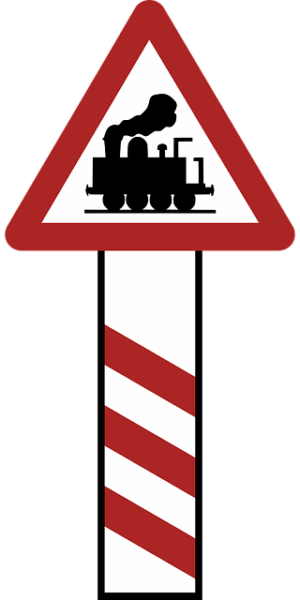In the UK, specialized translation services are vital for navigating complex industry guidelines and legal requirements in regulatory documents. These professionals ensure accuracy, compliance, and cultural sensitivity through expert linguists, rigorous quality assurance processes, and adherence to industry standards. Best practices involve peer review, proofreading, subject matter research, and utilizing native speakers with domain expertise. Advanced tools like machine translation and AI enhance efficiency while maintaining precision against evolving industry guidelines. Underrating professional translation can lead to legal issues and reputational damage; successful case studies demonstrate the pivotal role of expert translation in achieving UK regulatory compliance, avoiding costly mistakes, and facilitating global operations. Continuous monitoring, feedback, and technological integration are essential for maintaining high standards in UK regulatory translation services.
Are your UK regulatory translations up to par with industry guidelines? Navigating the complex landscape of compliance can be a challenge, especially with evolving regulations and specialized terminology. This article guides you through the essentials of UK regulatory translation requirements, highlighting the crucial role of professional services. We’ll explore key standards, common challenges, best practices, and technology’s impact, offering insights to ensure your translations meet industry benchmarks. Discover strategies for continuous improvement and learn from successful case studies in achieving compliant documentation.
- Understanding UK Regulatory Requirements for Documentation Translation
- The Role of Professional Translation Services in Ensuring Compliance
- Key Industry Guidelines and Standards for Regulatory Translations
- Assessing the Accuracy and Quality of Your Current Translations
- Common Challenges in Translating Regulatory Documentation
- Best Practices for Creating Compliant and Reliable Translations
- Utilizing Technology to Streamline and Enhance Translation Processes
- Case Studies: Successful Compliance Through Expert Translation
- Strategies for Continuous Improvement and Monitoring
Understanding UK Regulatory Requirements for Documentation Translation
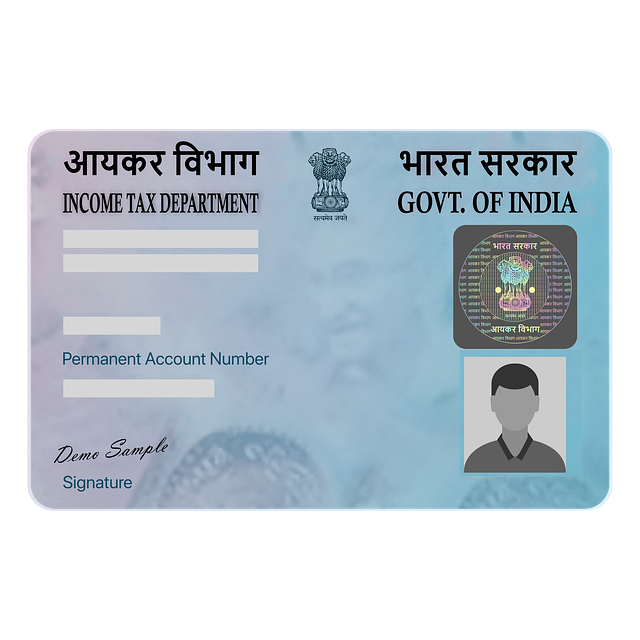
In the UK, regulatory translations go beyond mere word-for-word substitutions. They demand a deep understanding of industry-specific guidelines and legal intricacies to ensure compliance with stringent local regulations. Companies offering translation services for UK Regulatory Compliance Documentation play a pivotal role in navigating this complex landscape. These professionals are well-versed in translating not just text but also ensuring the translated documentation adheres to precise terminology, syntax, and cultural nuances required across various sectors such as healthcare, finance, and pharmaceuticals.
Regulatory bodies in the UK maintain strict standards for translations used in official documentation. This includes meticulous attention to detail, accuracy in technical terms, and adherence to formatting requirements specific to each industry. Translation services that specialize in regulatory compliance stay updated on these guidelines, employing native-speaking translators with expertise in relevant fields to deliver error-free, culturally appropriate translations that pass scrutiny from regulatory authorities.
The Role of Professional Translation Services in Ensuring Compliance
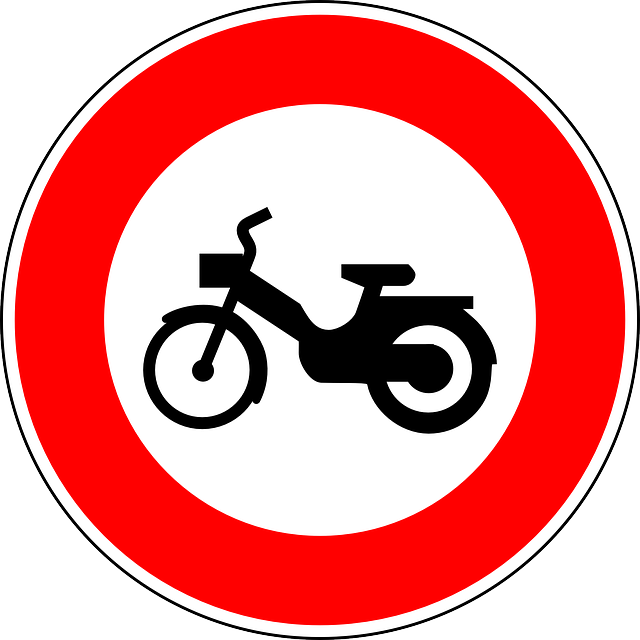
Professional translation services play a crucial role in ensuring compliance with industry guidelines for UK regulatory translations. These services are designed to provide accurate and culturally sensitive interpretations of technical and legal documentation, reducing the risk of errors that could lead to non-compliance. With a deep understanding of both the source and target languages, as well as industry-specific terminology, professional translators can accurately convey complex information while adhering to regulatory requirements.
Translation services for UK Regulatory Compliance Documentation focus on maintaining consistency, clarity, and precision in all translations. They employ specialized linguists who are not only fluent in multiple languages but also have expertise in relevant industries. This ensures that technical terms and concepts are translated correctly, avoiding potential misinterpretations that could impact compliance. By leveraging advanced tools and quality assurance processes, these services guarantee that the final translated documents meet the highest standards of accuracy and consistency, thereby facilitating seamless regulatory compliance.
Key Industry Guidelines and Standards for Regulatory Translations
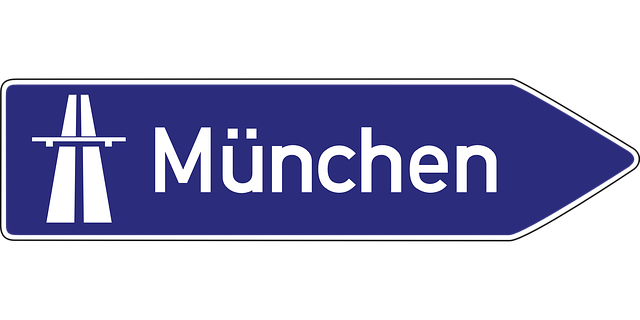
The translation services industry is highly regulated, especially when it comes to handling UK regulatory compliance documentation. Ensuring accuracy and adherence to key guidelines is paramount in this domain. Key Industry Guidelines and Standards for Regulatory Translations include those set by the Association of Language Service Providers (ALSP) and European Translation Association (ETI). These organisations provide best practices for quality assurance, ethical conduct, and technical proficiency among translators.
For translation services for UK regulatory compliance documentation, strict adherence to these guidelines is crucial. They cover a range of aspects, from ensuring cultural appropriateness and avoiding gender bias in translations to maintaining confidentiality and data security. Translators must also be proficient in both the source and target languages, possess relevant domain expertise, and follow specific terminology standards to guarantee precise and consistent communication.
Assessing the Accuracy and Quality of Your Current Translations
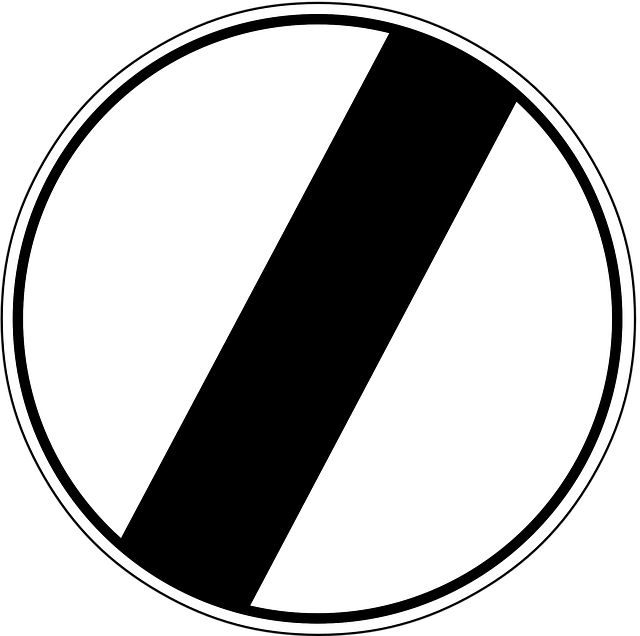
Assessing the accuracy and quality of your current translations is a critical step in ensuring compliance with industry guidelines for UK regulatory documentation. Beyond simple grammatical correctness, it involves verifying that translations accurately convey the intended meaning and capture all nuances essential for legal or technical texts. This includes understanding industry-specific terminology and adhering to terminological consistency throughout.
Effective translation services for UK Regulatory Compliance Documentation should employ professional translators who are not just linguistically adept but also possess domain expertise in the relevant industry. They should follow rigorous quality assurance processes, including peer review and proofreading, to minimize errors and ensure translations meet the highest standards of accuracy and clarity.
Common Challenges in Translating Regulatory Documentation
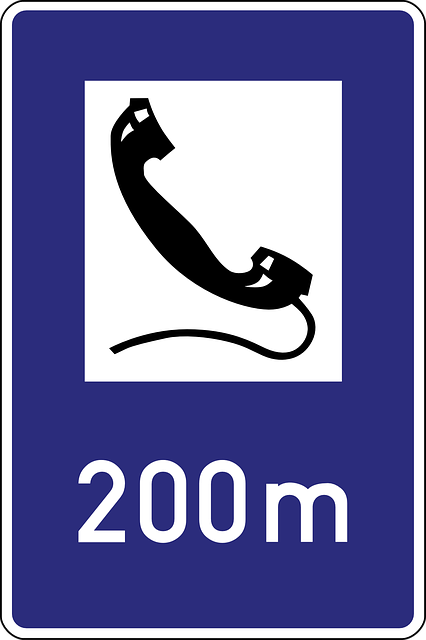
Translating regulatory documentation is a complex task, especially in the dynamic environment of the United Kingdom’s legal landscape. Many companies struggle with ensuring their translation services for UK Regulatory Compliance Documentation align perfectly with industry guidelines and standards. Common challenges include keeping up with frequent changes in regulations, which can lead to outdated translations. The precision required in such documents poses another hurdle; technical terms and legal jargon demand accurate and consistent interpretations across languages.
Human error and the need for native language expertise are significant concerns. Translations must be not just word-for-word but culturally and linguistically appropriate to avoid misinterpretation or non-compliance. Additionally, ensuring consistency throughout lengthy regulatory texts is crucial, as is maintaining clarity in complex terminology. Professional translation services that specialize in legal and regulatory content can help navigate these challenges, providing up-to-date, accurate, and compliant translations essential for businesses aiming to meet UK regulatory requirements.
Best Practices for Creating Compliant and Reliable Translations

Creating compliant and reliable translations for UK regulatory documentation is paramount in ensuring accuracy, consistency, and adherence to industry guidelines. Best practices include meticulous research into both the subject matter and the target audience’s language nuances. Professional translation services for UK regulatory compliance documentation should employ native speakers with expertise in legal or technical fields to capture precise terminologies.
Additionally, employing a rigorous quality assurance process is essential. This involves multiple rounds of review by experts, utilizing specialized software tools to check for consistency, terminology accuracy, and grammatical errors. Regular updates on industry guidelines and maintaining an extensive glossary of approved terms are further steps in guaranteeing high-quality, compliant translations.
Utilizing Technology to Streamline and Enhance Translation Processes
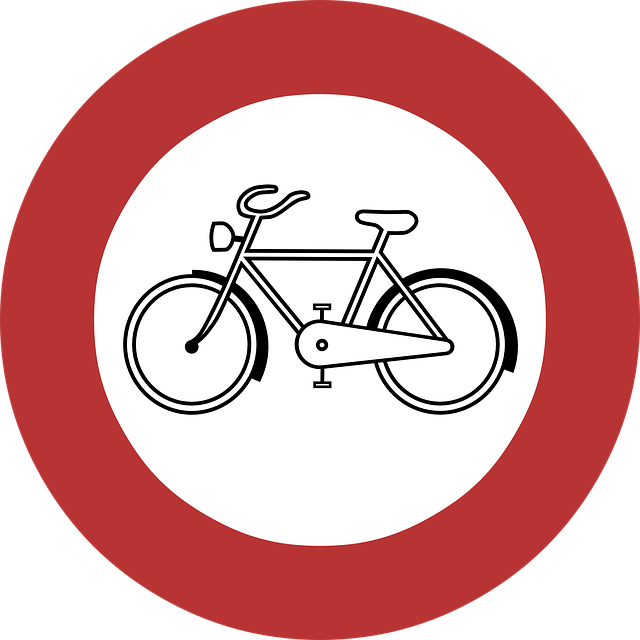
In today’s digital era, technology plays a pivotal role in enhancing and streamlining translation processes for UK regulatory compliance documentation. Advanced tools like machine translation (MT) platforms and artificial intelligence (AI) can significantly speed up the translation of technical and legal texts while maintaining accuracy. These technologies leverage vast linguistic datasets to produce high-quality outputs, reducing the time and resources typically required for manual translation.
Moreover, integration with post-editing tools allows for a hybrid approach that combines the efficiency of MT with the expertise of human translators. This ensures that translations not only meet industry guidelines but also adhere strictly to UK regulatory standards. By leveraging these technological advancements, translation services can deliver compliant documentation promptly, catering to the demands of dynamic industries and regulatory landscapes.
Case Studies: Successful Compliance Through Expert Translation
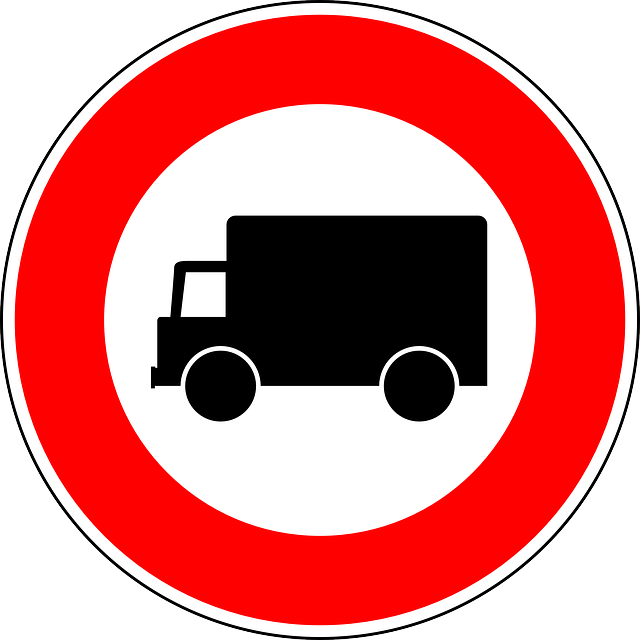
Many organizations in the UK often underestimate the importance of accurate and compliant translation services for their regulatory documentation. This can lead to severe consequences, including legal issues and reputational damage. However, numerous case studies highlight successful compliance journeys where expert translation played a pivotal role. One such example involves a pharmaceutical company that faced the challenge of translating complex clinical trial documents into multiple European languages. They partnered with a specialized translation service, ensuring every detail was accurately conveyed while adhering to industry guidelines.
Through rigorous quality assurance processes and extensive linguistic expertise, the translated materials met all regulatory standards, enabling the company to streamline their global expansion. This success story underscores the value of professional translation services in navigating the complex landscape of UK regulatory compliance documentation. By leveraging expert knowledge, companies can avoid costly mistakes and efficiently manage their international operations.
Strategies for Continuous Improvement and Monitoring

To ensure continuous improvement in UK regulatory translation services, it’s essential to implement robust monitoring and feedback mechanisms. Regular reviews of translated documents against industry guidelines and regulatory requirements are crucial. This involves comparing the translations with original source materials, industry standards, and legal precedents to identify any discrepancies or areas for enhancement. Feedback from stakeholders, including subject matter experts and end-users, plays a significant role in this process. By incorporating their insights, translation services can refine their methodologies and ensure accuracy and consistency.
Additionally, leveraging technology aids in efficient monitoring. Advanced translation memory tools and machine learning algorithms can analyze large volumes of data, flagging potential issues and suggesting improvements based on previous projects. This not only streamlines the review process but also helps maintain a comprehensive record of successful translations for future reference. Such strategies contribute to a dynamic and adaptive approach, ensuring that UK regulatory translations remain up-to-date, precise, and aligned with evolving industry guidelines.
Ensuring compliance with UK regulatory requirements for documentation translation is paramount for businesses navigating the intricate landscape of industry guidelines. By leveraging professional translation services that adhere to key standards and employing best practices, organizations can create reliable, accurate translations that meet legal expectations. Utilizing technology to streamline processes further enhances efficiency and accuracy, as demonstrated in successful case studies. Continuous improvement and monitoring are essential strategies to maintain compliance with evolving regulations, making investment in high-quality translation services for UK regulatory documentation a vital step towards business success.
